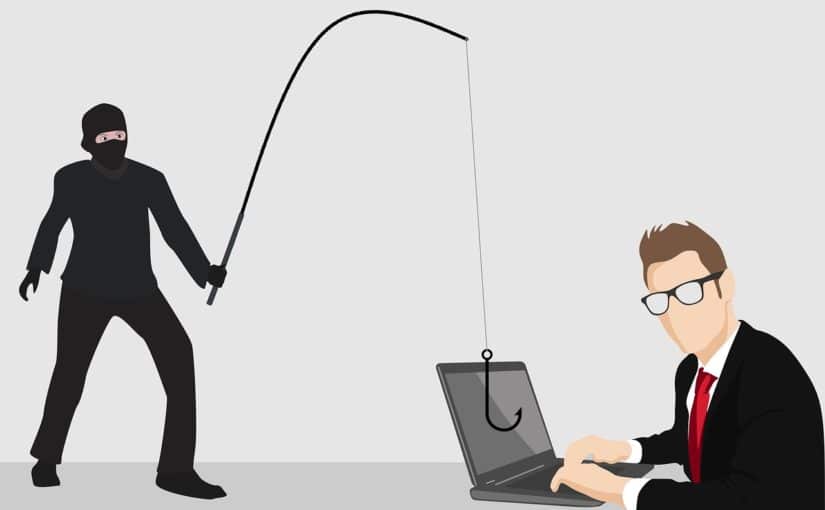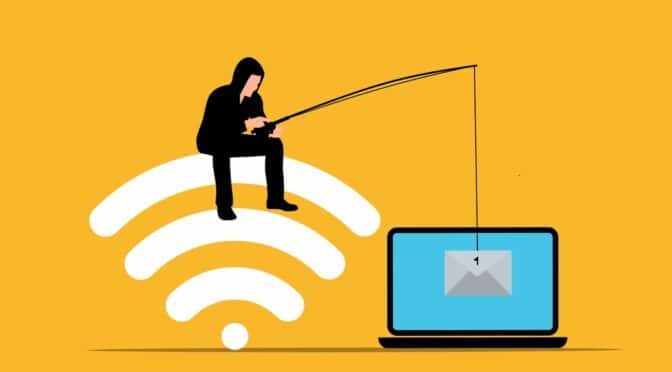We want to warn you about a new IRS phishing scam that just started to arrive in email inboxes. This fake IRS email uses the phrase “Automatic Income Tax Reminder” or “Electronic Tax Return Reminder.” The emails have links to an IRS.gov lookalike website with details that claim they have information about a tax refund, electronic return or tax account.
The emails offer you a “temporary password” or “one-time password” to “access” the files to submit the refund. But when you click on the link it turns out to be a malicious file, according to the IRS.
The malware allows the hackers to gain control of your computer or secretly download software that tracks every keystroke, eventually giving these bad actors passwords to financial accounts and other personal information.
IRS Commissioner Chuck Rettig said, “The IRS does not send emails about your tax refund or sensitive financial information. This latest scheme is yet another reminder that tax scams are a year-round business for thieves. We urge you to be on-guard at all times.”
The new scam uses dozens of websites and web addresses that pose as IRS.gov, and that, the IRS says, makes it, “…a challenge to shut down.”
The IRS has formed partnerships with state agencies, tax and tax professionals and security experts to try to monitor frauds. The agency says it has made progress in fighting refund and identity frauds. But IRS officials also tell us something that many know all too well, “…people remain vulnerable to scams by IRS imposters sending fake emails or harassing phone calls.”
If one of these emails shows up in your inbox: Delete! Don’t click on the link.
Beware of anyone who contacts you claiming a connection to the IRS. Here’s what the IRS says it doesn’t do:
The IRS doesn’t initiate contact with taxpayers by email, text messages or social media channels to request personal or financial information. This includes requests for PIN numbers, passwords or similar access information for credit cards, banks or other financial accounts.
The IRS also doesn’t call to demand immediate payment using a specific payment method such as a prepaid debit card, gift card or wire transfer. Generally, the IRS will first mail a bill to any taxpayer who owes taxes.
If you do get one of these emails, the IRS asks that you: Forward – preferably with the full email headers – the email as-is to phishing@irs.gov. Don’t forward scanned images because this removes valuable information.
And again, delete the original email.



